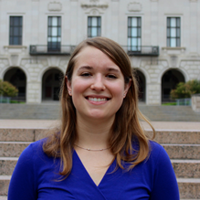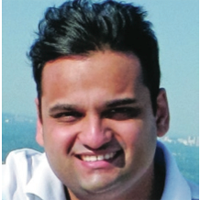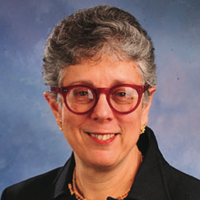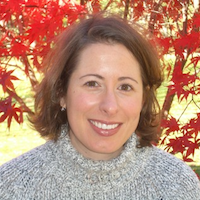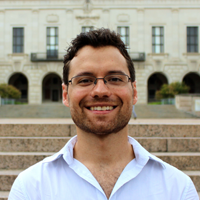
Netzahualcóyotl Arroyo Currás (Netz Arroyo, born March 8th, 1986) is a Mexican scientist currently pursuing a Ph.D. in Analytical Chemistry at the University of Texas at Austin, working under the supervision of Dr. Allen J. Bard. He was born in the city of Puebla, Mexico where he completed his compulsory education in 2004. He then moved to Monterrey, Mexico to attend college at Tec de Monterrey from which he obtained his B.S. in Chemistry in 2009. He has been active in research since 2004, working in the fields of molecular biology, cell therapy, analytical chemistry, organic synthesis and electrochemistry. After Netz is done with his Ph.D. at UT-Austin, he plans to continue his academic career at a place where family, hobbies and passion can be put together.
Origin of his name: The name Netzahualcóyotl comes from Náhuatl and means "coyote who fasts." It is the name of one of the most iconic characters of pre-Columbian Mexican history: ruler (tlatoani) of the city-state of Texcoco, philosopher, warrior, architect and poet. The name was given to Netz right at the moment of his birth, mainly promoted by his father (who was Mexican), yet, immediately adopted by his mother too (who was Spanish). Netz believes that his name has played a fundamental role in shaping his personality and is proud of its historical roots. An anecdote he often tells about his early life recalls the time when he was in kindergarten and had to learn how to write his own name. While all the other kids with simple names were able to do it rather quickly, it took little Netz a greater effort to accomplish this task, since he had all the difficult letters from the alphabet in his name (without even considering the count!).
